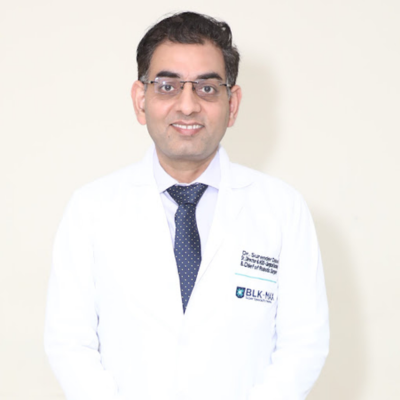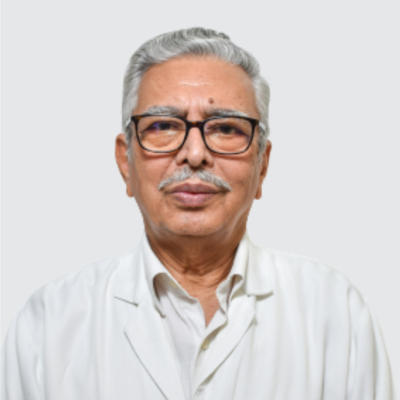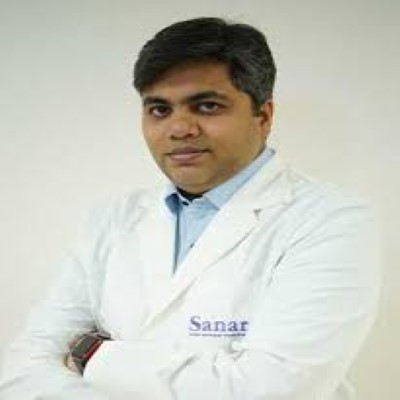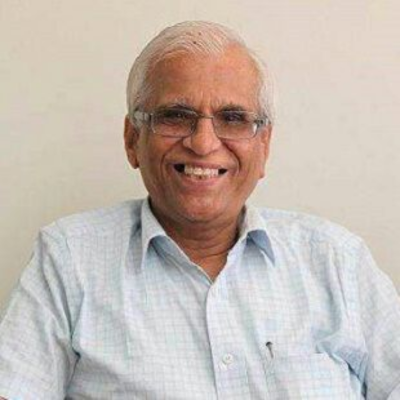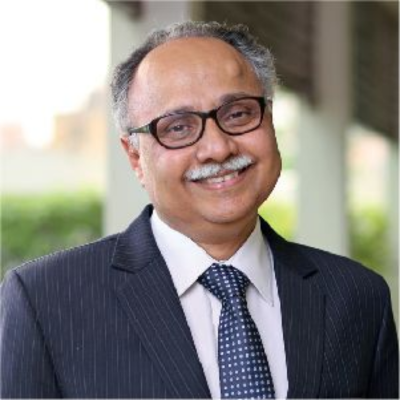Medical Visa Extension in India: How to Apply and What You Need to Know
 27 March,2025
Read More
27 March,2025
Read More
Enquire now in case of any assistance needed
Starting From: USD 300 - USD 2000
Hospitalization Days: 1 Days
Procedure Duration: 2 Hrs - 3 Hrs
Chemotherapy is affordable in India. The cost of Chemotherapy in India lies between USD 300 - USD 2000. The exact procedure price depends on multiple factors such as the surgeon's experience, type of hospital, severity of the condition, patient's general condition,�etc.
Chemotherapy, often referred to as "chemo," is a medical treatment that uses powerful drugs to target and kill cancer cells or inhibit their ability to grow and divide. These drugs can be administered orally, intravenously (IV), or through other methods, and they circulate throughout the body, attacking cancer cells wherever they may be. The main goal of chemotherapy is to:
Chemotherapy drugs work by targeting rapidly dividing cells, which is a characteristic of cancer cells. However, they also affect some healthy cells in the body that naturally divide quickly, such as those in the bone marrow, gastrointestinal tract, and hair follicles. This is why chemotherapy often leads to side effects.
The mechanism of action of chemotherapy includes the following key processes:
Chemotherapy is used to treat various types of cancer, both as a primary treatment and in combination with other modalities such as surgery, radiation therapy, and immunotherapy. Its applications include:
Chemotherapy drugs can be categorized into several classes based on their mechanisms of action, and they may be administered in various combinations depending on the specific cancer being treated. Common types of chemotherapy include:
While chemotherapy is a potent tool in the fight against cancer, it can lead to a range of side effects. These side effects vary depending on the type of drugs used, the dose, the duration of treatment, and individual patient factors. Common side effects include:
It is essential for patients undergoing chemotherapy to communicate openly with their healthcare team about any side effects they experience. Supportive care and medications can often alleviate these symptoms.
Chemotherapy is a cornerstone of cancer treatment for several reasons:
Chemotherapy is a critical component of modern cancer care, offering hope, relief, and improved survival rates to countless cancer patients. While it comes with potential side effects, its benefits often outweigh the drawbacks, especially when used in conjunction with other treatment modalities. Advances in medical research continue to refine chemotherapy regimens, making them more targeted and less toxic. Ultimately, chemotherapy remains a powerful tool in the battle against cancer, offering both treatment and hope to those affected by this devastating disease.
Vice Chairman
Robotic Surgeon, Surgical Oncologist
BLK-Max Super Speciality Hospital, New Delhi
Book AppointmentConsultant
Surgical Oncologist
Fortis Hospital, Bannerghatta Road, Bangalore
Book AppointmentDirector
Robotic Surgeon, Surgical Oncologist
Shalby Sanar International Hospital, Gurgaon
Book AppointmentSenior Consultant
Medical Oncologist
Nanavati-Max Super Speciality Hospital, Mumbai
Book AppointmentChairman
Surgical Oncologist
Max Super Speciality Hospital, Saket, New Delhi
Book AppointmentVice Chairman
Robotic Surgeon, Surgical Oncologist
BLK-Max Super Speciality Hospital, New Delhi
Book AppointmentConsultant
Surgical Oncologist
Fortis Hospital, Bannerghatta Road, Bangalore
Book AppointmentDirector
Robotic Surgeon, Surgical Oncologist
Shalby Sanar International Hospital, Gurgaon
Book AppointmentSenior Consultant
Medical Oncologist
Nanavati-Max Super Speciality Hospital, Mumbai
Book AppointmentChairman
Surgical Oncologist
Max Super Speciality Hospital, Saket, New Delhi
Book AppointmentVice Chairman
Robotic Surgeon, Surgical Oncologist
BLK-Max Super Speciality Hospital, New Delhi
Book AppointmentDoctor of Pharmacy
Dr. Deepanshu Siwach is a skilled clinical pharmacist with a Doctor of Pharmacy degree.?He has 4+?years of experience and has worked with thousands of patients. He has been associated with some of the top hospitals, such as Artemis Gurgaon.
Dr. Deepanshu Siwach is a skilled clinical pharmacist with a Doctor of Pharmacy degree.?He has 4+?years of experience and has worked with thousands of patients. He has been associated with some of the top hospitals, such as Artemis Gurgaon....
Senior Director
Medical Oncologist
Dr. Sajjan Rajpurohit is a leading medical oncologist in New Delhi. With over 22 years of experience in cancer treatment, he has performed more than 15,000 immunotherapy cycles. His specializations include immunotherapy, targeted therapy, and chemotherapy for solid tumors (breast, lung, gastrointestinal, genitourinary, head and neck, and sarcoma)....
The Art of Effective Communication
 27 March,2025
Read More
27 March,2025
Read More
 26 March,2025
Read More
26 March,2025
Read More
 22 March,2025
Read More
22 March,2025
Read More
 12 March,2025
Read More
12 March,2025
Read More
 24 January,2025
Read More
24 January,2025
Read More
 20 January,2025
Read More
20 January,2025
Read More
